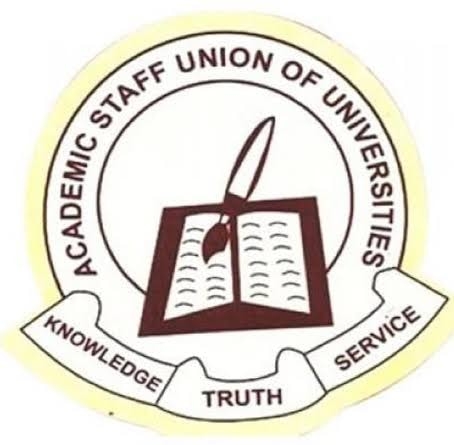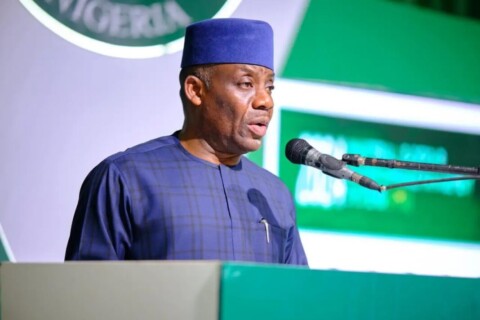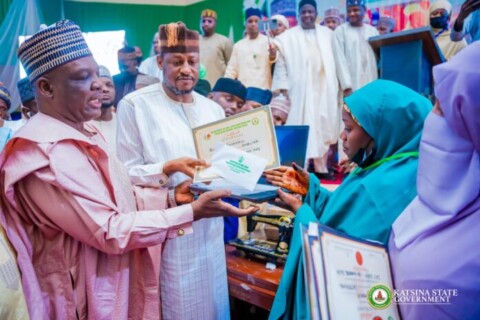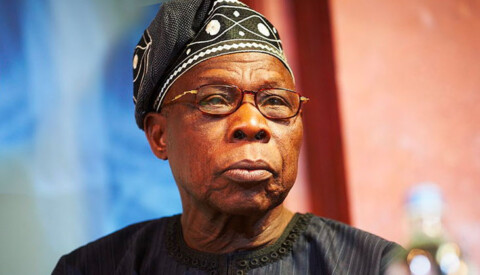The President of the Academic Staff Union of Universities (ASUU), Professor Christopher Piwuna, has restated the union’s unwavering commitment to defending and revitalising Nigeria’s public universities, stressing that only sustained and long-term interventions can rescue the country’s deteriorating education sector.
Speaking during the Toyin Falola Interviews streamed live on Sunday across multiple online platforms, Professor Piwuna maintained that ASUU remains determined to hold the Federal Government accountable until it treats education as a national priority. He emphasized, “Education is not a sprint; it is a marathon,” noting that meaningful progress requires consistency and vision.
The interview, anchored by renowned historian Professor Toyin Falola, assembled a panel of distinguished voices including Professor Francis Egbokhare, celebrated linguist and former ASUU secretary; Grace Edema, award-winning education journalist with The PUNCH; Comrade Joe Ajaero, President of the Nigeria Labour Congress (NLC); and Professor Sheriffdeen Adewale Tella, economist and consultant to several national and international institutions.
Reflecting on his tenure so far, Piwuna expressed concern about persistent challenges confronting public universities. He highlighted issues such as inadequate funding, poor working conditions, and the inability to attract world-class scholars. To demonstrate the severity of infrastructural decay, he disclosed that Taraba State University—where he joined the interview—has over 25,000 students and approximately 1,000 academic staff, yet lacks functional internet service. “How do you attract scholarship under such conditions?” he asked.
A major point of contention, Piwuna said, remains the Federal Government’s refusal to grant genuine university autonomy. He stressed that no intellectual environment can thrive without freedom to govern academic and administrative affairs independently. “We have been negotiating autonomy for 16 years. Why is the government afraid of universities operating freely?” he queried.
In his remarks, NLC President Comrade Joe Ajaero called for a stronger united front among university unions and argued for extending unionisation efforts to private universities, which he alleged were originally established to weaken ASUU’s influence. He criticised government’s continued failure to implement the 2009 ASUU-FG agreement, despite repeated commitments across multiple administrations.
Describing the agreement as a crucial blueprint for restoring university quality, Piwuna insisted that ASUU’s demands are not self-serving. “Renegotiating the 2009 agreement is an investment in the future of this country,” he said. He added that the fight is ultimately to safeguard the future of Nigerian youth and ensure universities function as centres of innovation and national development.
Professor Francis Egbokhare, during his contribution, framed the ASUU-government conflict as fundamentally ideological, explaining that while the union advocates better research capacity, infrastructure, and welfare, government often misinterprets these demands as combative. He stressed the need for ideological alignment so that students do not continue to bear the consequences.
In closing, Piwuna acknowledged internal challenges within the union but affirmed its unity and mission: “We know this is a marathon. ASUU will remain committed for as long as education remains neglected.”
He reiterated that the union’s struggle transcends wages — it is a fight to preserve the soul of Nigeria’s public university system.





